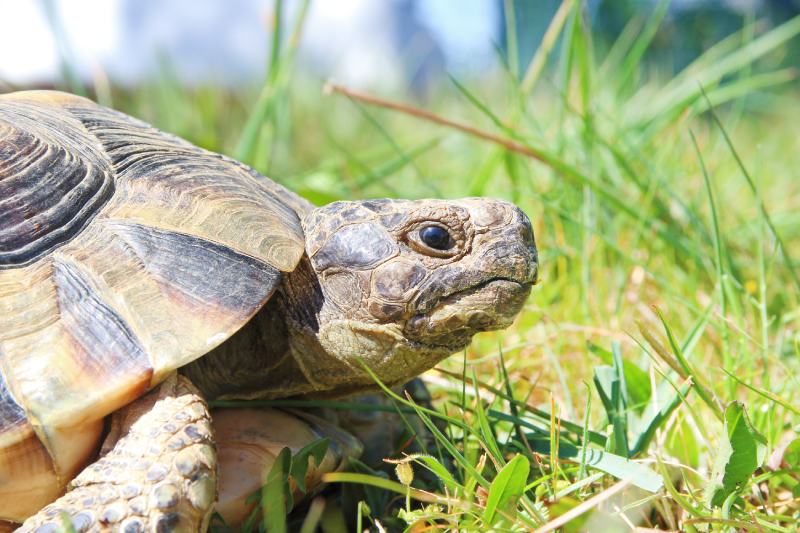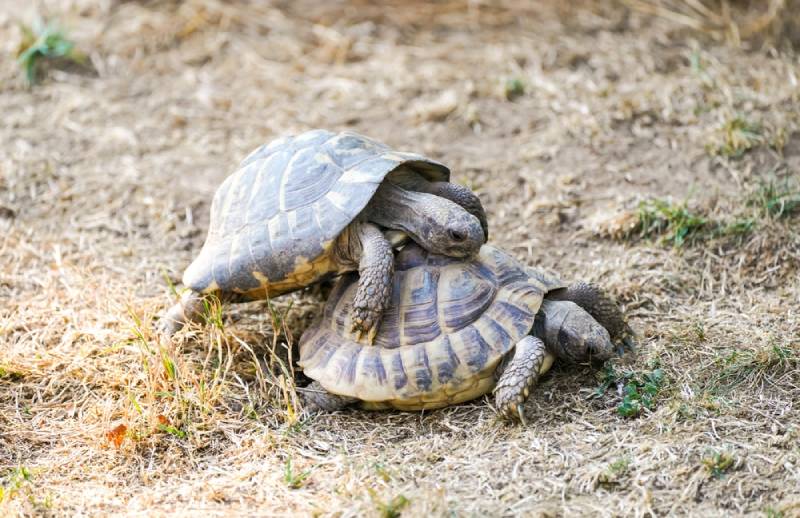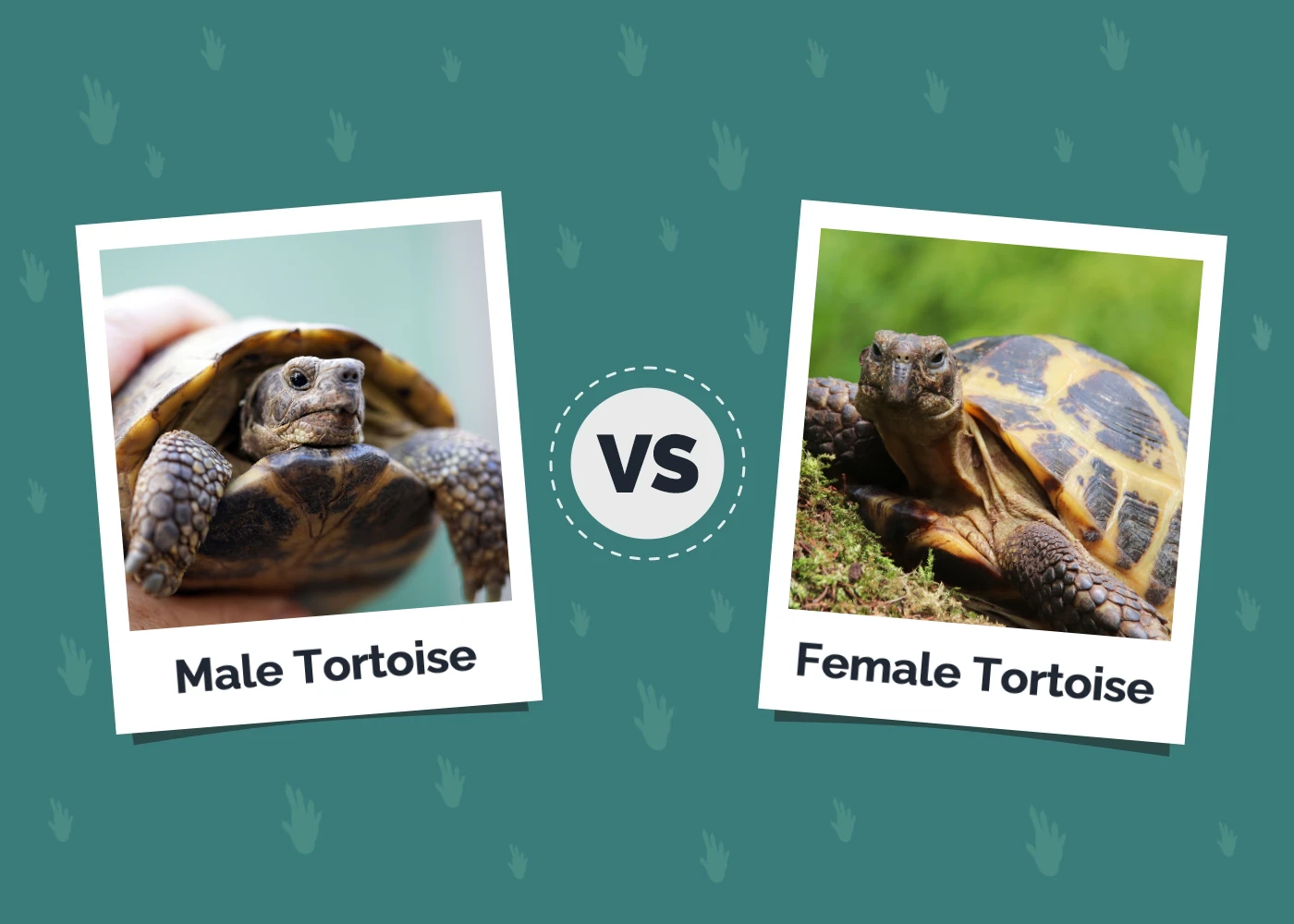Can Turtles Eat Broccoli? Vet-Reviewed Facts & FAQ
By Jessica Kim
Updated on
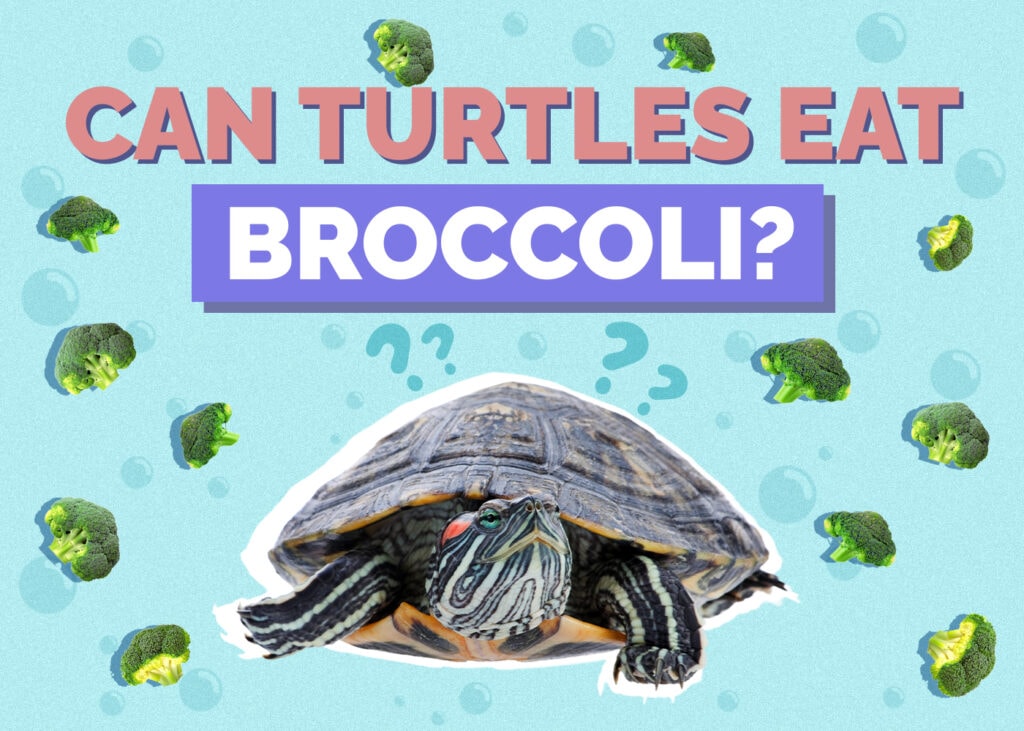
A turtle’s diet varies depending on the species. Some turtles have more carnivorous diets, while others are purely herbivores. So, when it comes to feeding your turtle healthy foods, it’s important to know the appropriate diet for its species. In general, turtles can eat vegetables, but they must be given certain vegetables with discretion. Broccoli can be a tasty snack for most turtles, but it shouldn’t be a regular part of their diet because it contains components that can end up causing health issues.
Is Broccoli Safe for Turtles to Eat?
Broccoli is known for being a nutrient-dense food. It’s a good source of fiber, antioxidants, and several different vitamins and minerals. It also contains calcium, which is one of the minerals turtles need to maintain their bone and shell health.
However, too much of a good thing can turn into a bad thing, and feeding broccoli to turtles regularly can be detrimental to their health. One of the reasons turtles should eat broccoli sparingly is that broccoli belongs to the genus of Brassica plants. Many Brassica plants, including broccoli, are identified as goitrogenic, which means that they contain goitrogens that can negatively affect thyroid gland function.
Broccoli also contains oxalates. Oxalates bind to calcium in the diet and stop it from being absorbed.
So, while broccoli is nutritious, it also contains some components that can end up harming a turtle if fed too much and too often.
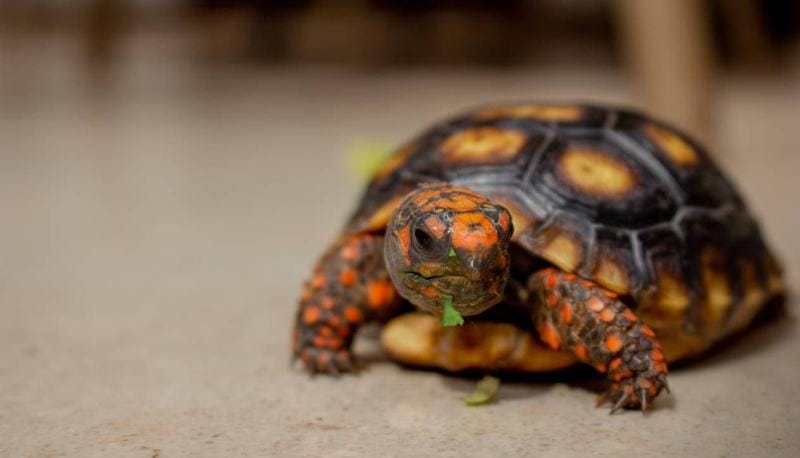
How to Feed Your Turtle a Healthy Diet
A healthy diet for turtles depends on the species and age of the turtle. Therefore, it’s essential to do your research about pet turtle species before you decide to care for one. The most common pet turtles are Red-Eared Sliders, Box Turtles, and Painted Turtles. These species of turtles are omnivores and thrive on diets that contain a mix of animal and plant food sources. In general, younger turtles require more animal protein in their diets, and they eventually eat more plant matter as they mature.
Turtles typically thrive on leafy green vegetables and weeds, like dandelion weeds, collard greens, and romaine lettuce. When it comes to protein, many turtles will enjoy eating insects like crickets and mealworms. They can eat small aquatic animals, including shrimp, krill, and feeder fish. You can also supplement their diets with high-quality pellets. Just make sure that the pellets are specifically made for your turtle species’ nutritional needs.
Safe Fruits & Vegetables for Turtles
Some other vegetables that are safer staple options than broccoli include- green beans, watercress, and escarole. When feeding turtles vegetables, it’s best to stick with darker greens which are high in calcium.
It’s always fun to feed your turtle special treats but only about 10–20% of your turtle’s diet should consist of fruit, and it’s safe only to feed turtles fruit every once in a while. Some fruit that turtles can enjoy safely are apples, pears, grapes, strawberries, and melons.
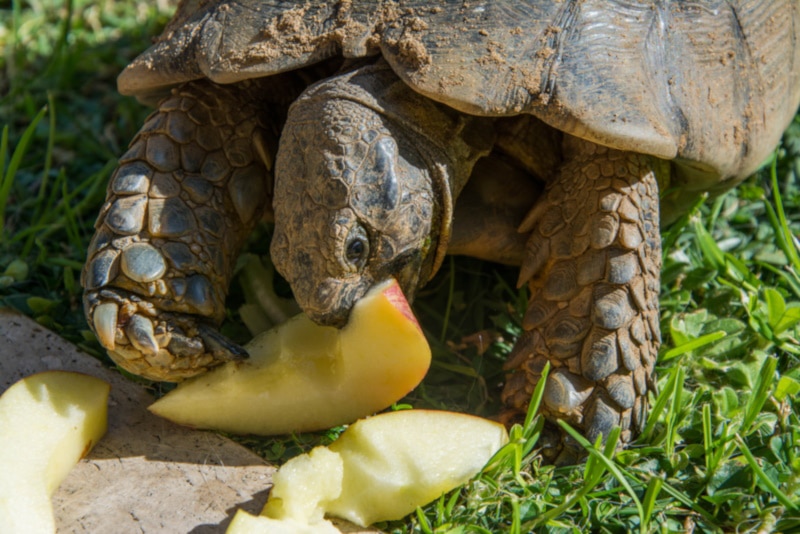
Conclusion
If your turtle eats a bit of broccoli on occasion as part of a balanced diet, you most likely won’t have to worry. However, it’s not safe to incorporate broccoli into your turtle’s daily diet as it contains goitrogens and oxalates. Fortunately, there are plenty of other vegetables and leafy greens that turtles can enjoy. So, make sure to do your research and find out what foods are safe for your turtle so that your turtle can safely enjoy eating special treats.
See Also:
- Can Red-Eared Sliders Eat Apples? Vet Approved Facts & FAQ
- Can Turtles Eat Shrimp? Vet Approved Nutrition Facts And FAQ
Featured Photo Credit: kgjerseth, Pixabay


